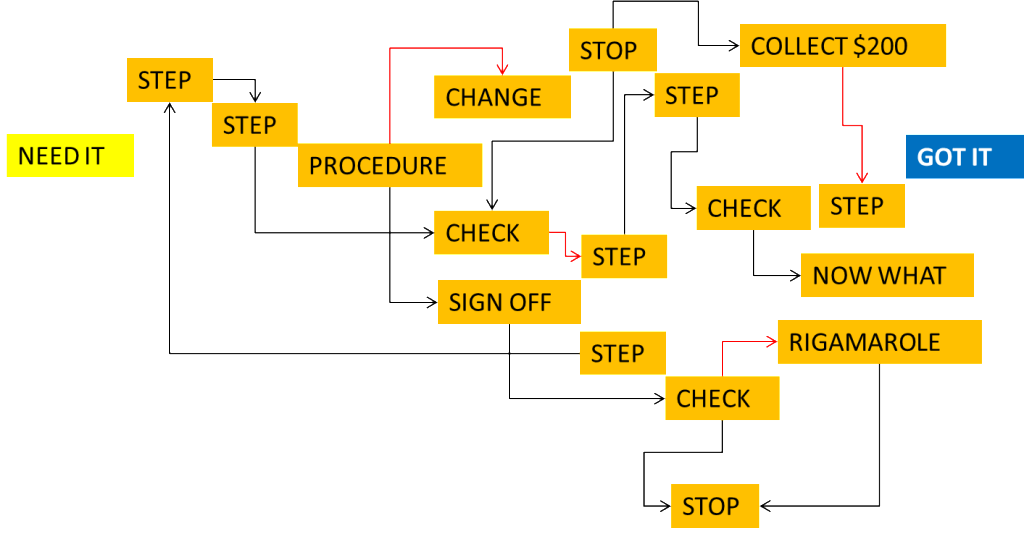Complexity is a tricky beast; a devilish puzzle of unforeseeable interactions between innumerable causes and effects.
It’s what makes things like macroeconomic reform and long-term weather prediction so damned hard.
Most people think what they do is complex. They say things like:
“It’s not as straightforward or intuitive as you might expect”
“There’s different perceptions and expectations of what things are or should be”
“Even everyday words can have different interpretations and meanings”
“You have to master the lingo”
“You need to understand the history”
“There are multiple systems and processes that don’t all interconnect properly”
“There’s been a lot of changes in policy that have (over the years) flipped us one way, then the other and back again”
But what they’re describing is not complexity but confusion; a failure to keep things as simple, intuitive, elegant and user-friendly as they could (and should) be, possibly as a result of poor communication, bad design or just good old-fashioned thoughtlessness.
A muddled process isn’t complex, it’s just unnecessarily complicated.
Mixed perceptions and expectations aren’t evidence of complexity but of a basic lack of clarity. And anything that can’t be understood without knowing its past or some obscure made-up language isn’t complex so much as contrived, convoluted and contradictory.
But every time we mistake confusion for complexity we unwittingly accept bad processes and practices instead of rolling up our sleeves to come up with something better.
So ask yourself (and others): ‘Is it really complex? Or just confused?’

There are No Responses to this post. Jump In!